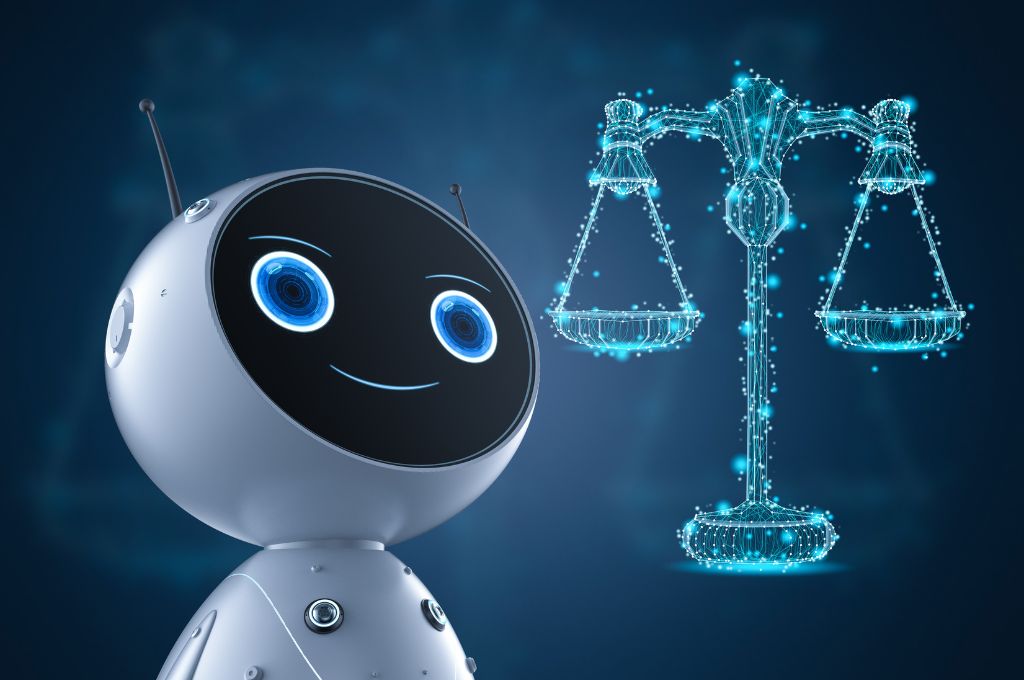This paper examines the synergistic dynamics between the anticipated leaps in artificial intelligence, represented by developments such as GPT-5, and the mounting calls for responsibility in AI usage. We delve into the features of emerging AI technologies, the potential they bring, and the accompanying necessity for ethical guidelines and responsible deployment of AI.
Introduction
We are undeniably in the throes of an artificial intelligence (AI) revolution. The era is epitomized by noteworthy advancements such as the GPT series by OpenAI, and transformative technologies like ChatGPT and Google’s BARD. As we prepare for the much-anticipated introduction of GPT-5, excitement surrounds the potential capacities this new model might bring to the table. However, alongside the thrill of innovation, echoes of concern about the misuse of AI are intensifying, underlining the urgency for responsibility and control in AI evolution.
The Dawning of the GPT-5 Era
The Generalized Pretraining Transformer (GPT) series has already ushered in considerable transformations in various sectors. These range from automated content generation to customer service, with AI chatbots serving as first-line customer support. The advent of GPT-5 is forecasted to break the mold of AI capabilities, providing an enhanced capacity for context comprehension, improved language generation, and nuanced problem-solving abilities.
In line with these advancements, major tech platforms have started incorporating AI models into their core operations. The most notable of these include Microsoft’s integration of ChatGPT and Google’s recent unveiling of their BARD model. Both initiatives focus on elevating content generation, leveraging AI to deliver a user experience like never before.
The Promise of New Possibilities
The capabilities projected for GPT-5 suggest a significant expansion of potential AI applications across industries. Enhanced content personalization becomes a reality as AI can generate tailored material at an individual level. AI’s prowess in advanced data analysis and interpretation paves the way for more informed decision-making in business strategies. Furthermore, the evolution of voice and chat assistants toward a more sophisticated, human-like interaction leads to more engaging and seamless user experiences.
Also read: AI’s Double-Edged Sword: The Race for Improvement and The Cry for Control
The rise of AI also triggers a redefinition of traditional professions, as is evident in the disruption of the Search Engine Optimization (SEO) industry. SEO experts, once heavily reliant on content generation, must now pivot to sharing unique experiences, views, and perspectives. The focus shifts from merely generating SEO-optimized content to contributing value-added, experiential content that AI can’t replicate.
A Clarion Call for Responsible AI
The advancements in AI, while impressive and transformative, also pose significant ethical and societal concerns. Fear of AI misuse and the potential threats it can pose to privacy, security, and job stability have given rise to a new movement advocating ‘Responsible AI.’ This call for responsible AI urges the creation and enforcement of comprehensive ethical guidelines and regulations that manage AI’s potential risks and promote its beneficial and equitable use.
The Intersection of AI, SEO, and Ethical Implications
The rapidly increasing role of AI in areas like SEO presents unique challenges that mirror larger ethical dilemmas associated with AI. The move away from human content generators toward AI-driven production can lead to significant job displacement. It also necessitates shifts in professional roles and skill sets to survive in the evolving digital landscape. Ethical considerations are paramount in ensuring fair practices, preserving individual privacy, and minimizing potential adverse impacts on the workforce.
Future Perspectives
The confluence of the GPT-5 revolution and the global call for responsible AI sets the stage for both exhilarating opportunities and daunting challenges. This juncture necessitates an approach that acknowledges the profound capabilities of AI and simultaneously addresses its ethical and societal implications.
Recommendations for a Balanced AI Future
The responsibility of navigating this intricate AI landscape lies with policymakers, AI developers, and society as a whole. Policymakers must craft appropriate regulations to control the use and impact of AI. Developers should uphold ethical guidelines in the creation and deployment of AI models. Meanwhile, society at large should engage in open dialogues about the direction of AI’s future, voicing concerns, and influencing regulations.
Conclusion
As we stand on the precipice of the GPT-5 era and amid a worldwide rallying cry for responsible AI, the challenge is to responsibly harness AI’s power. While the advancements in AI promise revolutionary changes across industries, ensuring the ethical and responsible use of AI is of utmost importance. By balancing AI’s capabilities with ethical considerations, we can anticipate a future where AI not only revolutionizes technology but also enriches society at large.











